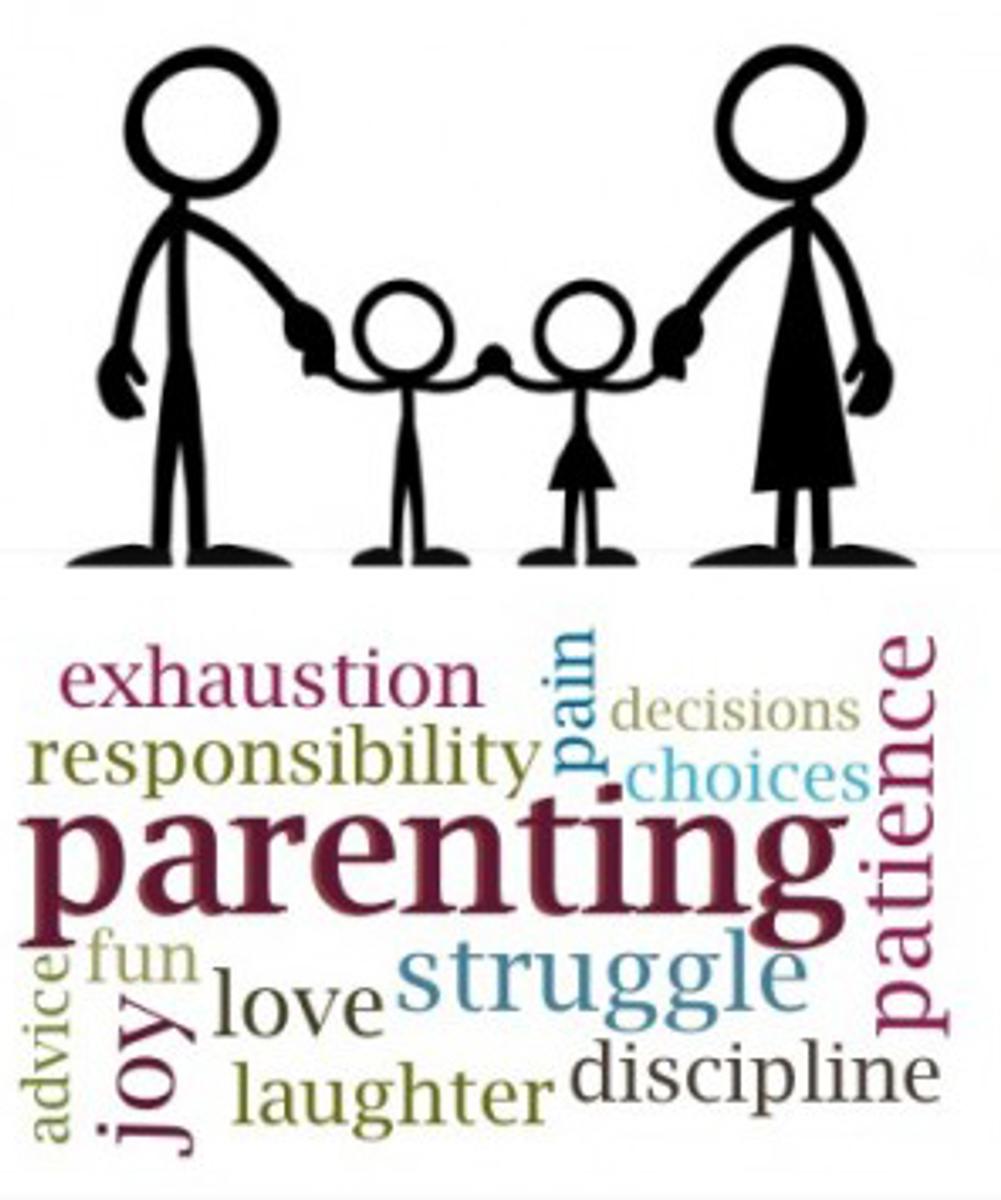Parents Page

Readings for Parents
Each week we will publish readings for parents to support your child in their learning.
Responsibility - the key to resilience - Michael Grose
Is resilience the flavour of the month in your school or community group?
Resilience in the 21st Century seems to be what self-esteem was to the 1980's - the holy grail that all sorts of programs for children aspire to promote. I don't mean to make light of a vital concept but the notion has become so over-exposed that it seems to be used to justify the existence of less then satisfactory services and resources for children.
A quick review of the resilience literature suggests that resilient children seem to have four key traits - social competence, a sense of hope or optimism, a sense of independence and also the ability to solve many of their social or emotional problems.
Some children are more resilient than others due to their temperament or genetic make up. The literature also suggests that the environment that a child finds him or herself in can promote or hinder the development of resilience.
A minimum of three factors needs to exist to maximise resilience.
These are:
1.Emotional support from a respected or caring adult.
2 Plenty of opportunities to be an active contributor to the group a child finds him or herself in, and
3. The existence of optimism or hope amongst the adults that dominate a child's social groups.
Fortunately, most children grow up in conditions where these exist. Although I must say that children these days tend to be less than active participants in their family enterprises as well-meaning parents tend to overdo the protective stuff with children. By and large the conditions are right for the promotion of resilience in most Australian homes. There appears to be one factor missing in this entire resilience dialogue.
What place does a child play in the promotion of his or her own sense of resilience?
It is almost as if resilience is a process rather than the result of a set of processes that come into play. Resilience really belongs to the child and will never be developed unless a child or young person takes responsibility for his or her behaviour. Children who duck and weave personal responsibility by blaming others for their mistakes or misbehaviours or finding excuses for even the most minute blunders are minimising their opportunities to develop resilience. The child who accepts responsibility for being late for school, behaving badly when his peers egged him on or making an honest but awful mess of a homework assignment is on the resilience track. In effect, by saying this mess-up is due to me he or she is more likely to change, learn something and also grow from the experience. Those children and young people who dodge personal responsibility are placing themselves on the mercy of circumstances and other people's good will. This is not a smart long-term strategy although some children and adults get by playing the BLAME GAME or using the BUT ITS NOT MY FAULT approach.
So what can you do when you meet a child who constantly finds excuses or who deflects responsibility for their misdemeanours?
A hard one but I would start with reminding them in a humane and realistic way that they are making excuses or that really the buck stops with them. When they blame the dog for eating their homework or a parent for not getting them up in time for school, smile and remind them very firmly where responsibility lay and then let them experience the consequences of their mistakes or blunders (which could be nothing). Sometimes children deflect responsibility simply because they can. So be insistent about where responsibility for behaviour lay. You can have some fun with this notion. I know one teacher who kept a list of the best excuses children had used on the wall in his classroom. He would ask children to add to the list when he heard a good one. A simple, fun way of placing the spotlight on what really is anti-social behaviour. Resilience is worth promoting. It is worth learning about. But it also worth remembering that it starts with children and is dependent on their ability to take personal responsibility for their actions.

